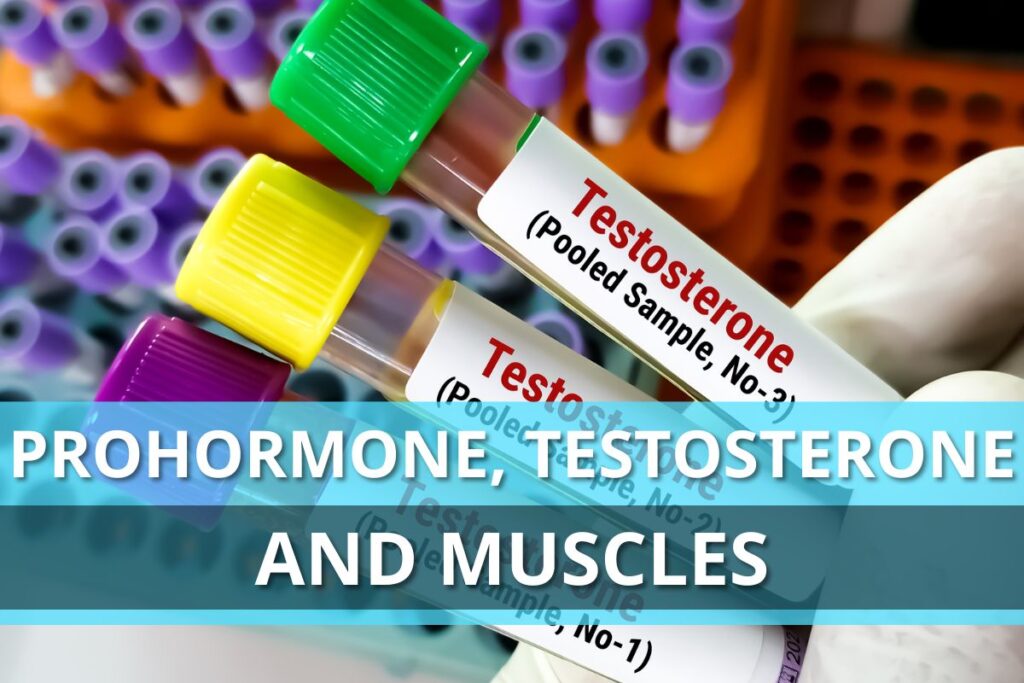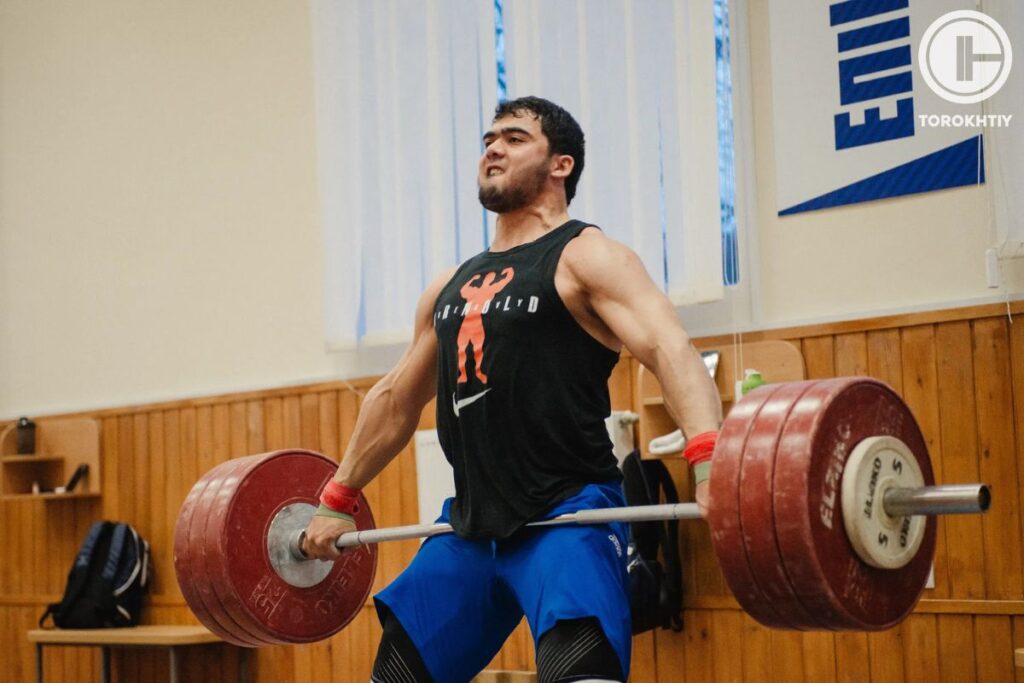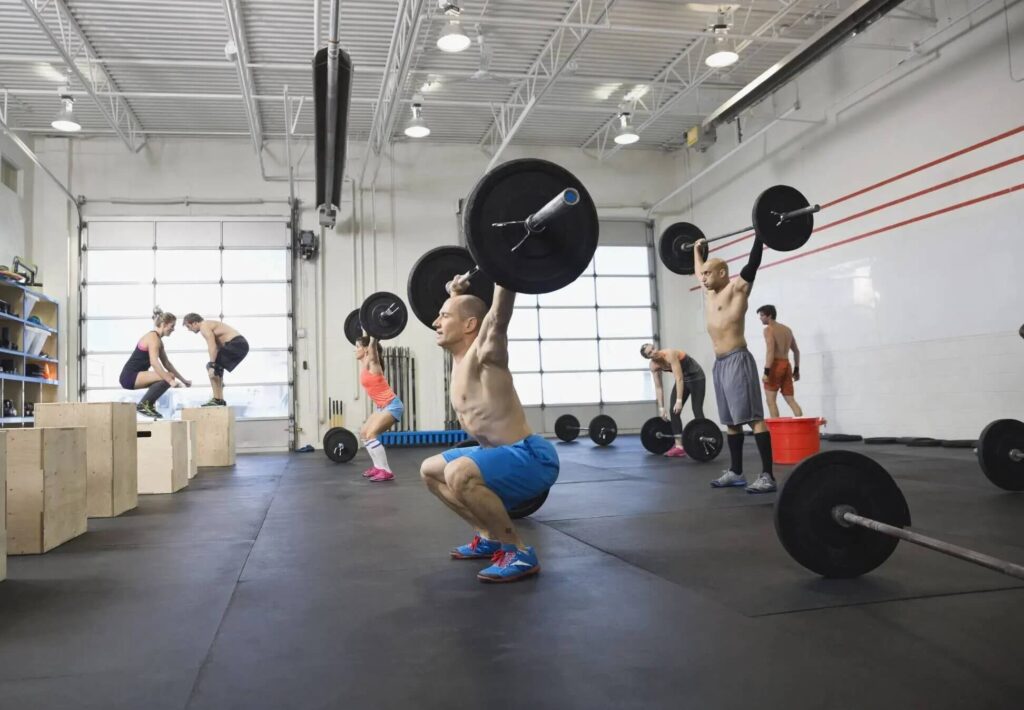Prohormone, Testosterone And Muscles
Author:
Unlock your full potential by engaging with our experts and community! Have questions about your fitness journey or looking for expert advice on weightlifting techniques? Don’t hesitate — leave a comment below and Sergii Putsov will provide a personalized answer and insights to help you reach your goals.
Torokhtiy is reader-supported. Some links are affiliate links, and we may earn a commission at no extra cost to you. See our disclosure page for details.

Testosterone and human growth hormone are known to be 2 key hormones that are responsible for building muscle mass and strength, as well as for the reduction of fat mass. It’s no wonder why so many weightlifters use such a variety of pharmacological treatments to improve training adaptations, grow more muscle, and speed up the recovery at all costs.
Some athletes are known to take androgenic prohormones. There are at least 10 supplements of this class on the market today. The most commonly sold forms of androstenedione, androstenediol, and dehydroepiandrosterone (DHEA) – natural precursors of steroid hormones: testosterone and dihydrotestosterone (DHT). Unlike synthetic anabolic steroids, these prohormones are produced within our bodies. But is there any point in taking prohormones in supplement form?
Testosterone, muscle growth, estrogens
According to the marketing statements of manufacturers, prohormones can be converted into testosterone and have an anabolic effect. But is it actually so?
In a study called The Andro Project, 50 healthy men were divided into 3 groups. The first took 200 mg of androstenedione in pill form, the second took 200 mg of androstenediol in pill form, and the third received a placebo. They all did strength training for 12 weeks. There were no differences in muscle growth or strength.
You may like it:
There is evidence that taking 200 mg of androstenedione or androstenediol increases serum testosterone levels only slightly and for a short period of time. However, this is accompanied by an increase in estrogen levels. And this is exactly what many athletes want to avoid.
However, it wasn’t that easy. The reaction from dosing androstenedione can be influenced by baseline testosterone levels and age. In men over 30 years of age, after taking 300 mg of androstenedione, testosterone levels increased more strongly than in younger men. This suggests that the reaction to androstenedione may be higher in older men and men with lower baseline testosterone levels.

Why don’t prohormones work for most?
Androstenedione in pill form is extensively metabolized in the liver. For this reason, androstenedione is very poorly converted to testosterone. Liver enzymes quickly deactivate the testosterone that is produced, preventing it from reaching the bloodstream. In fact, the liver can deactivate approximately 98% of testosterone. In this case, a significant percentage of androstenedione is converted into estrogens. Thus, only 2% of testosterone enters the bloodstream.
In one study, dose of 300 mg of androstenedione dramatically increased testosterone levels in only two out of fourteen participants. Perhaps this phenomenon is explained by the fact that in some men the liver does not destroy the prohormone and this allows an increase in the conversion of androstenedione into testosterone.
Interestingly, sublingual dowsing of prohormones can avoid liver deactivation. In one study, sublingual administration of a combination of 21.4 mg androstenediol and 3.7 mg androstenedione increased testosterone levels by 110% after 1 hour, and after 3 hours, levels were 40% higher than the reference level. It may take very high doses or other routes of dowsing prohormones to significantly increase testosterone levels. But in this case, estrogens will also rise more strongly.
As far as DHEA is concerned, it has not been shown to promote fat loss or increase muscle mass or improve adaptation to strength training in healthy men.
Men vs Women

Interestingly, in contrast to men, dowsing androstenedione can significantly increase testosterone levels in women. DHEA supplementation can also increase testosterone concentration in women. For example, taking 50 mg increased testosterone 100% above baseline, while taking 400 mg increased testosterone by 236%. At the same time, the increase in the level of androgens after dowsing DHEA is not accompanied by an increase in the level of estrogen. In general, women are more likely to get androgenic effects from prohormones than men.
Prohormones and health risks
Hormonal changes caused by the intake of prohormones are observed in men with gynecomastia, prostate cancer, testicles, and pancreas. Although there are no documented cases of endocrine diseases due to the intake of prohormones. However, it is known that long-term intake of prohormones led to a decrease in “good” cholesterol. A decrease in this indicator is associated with the risk of developing cardiovascular diseases.
Dowsing of androstenedione in young age can lead to premature closure of growth zones. It is assumed that this may not be the fault of the androstenedione itself, but the estrogen into which it turns.
Despite marketing statements, research to date shows that prohormone use is not anabolic in healthy men with normal testosterone levels. Muscles won’t grow better from prohormones, we do not become stronger and efficiency does not increase.
Most research shows that prohormones can raise estrogen levels and lower good cholesterol. It is possible that taking these supplements may increase the risks of developing cardiovascular and oncological diseases.
The risks of using prohormones far outweigh any unproven effects in terms of muscle gain and strength. Therefore, there is no point in buying something that does not affect, while it can be harmful to health and it is forbidden to sell without a doctor’s prescription.
You might be interested in:
Why Trust Us?
With over 20 years in Olympic weightlifting, strength training, nutrition coaching, and general fitness our team does its best to provide the audience with ultimate support and meet the needs and requirements of advanced athletes and professional lifters, as well as people who strive to open new opportunities and develop their physical capabilities with us.
By trusting the recommendations of our certified experts in coaching, nutrition, and sports training programming, as well as scientific consultants, and physiotherapists, we provide you with thorough, well-considered, and scientifically proven content. All the information given in the articles concerning workout programming, separate exercises, and athletic performance, in general, is based on verified data.
The product testing process is described in more detail here.
Author: Sergii Putsov
Head of Sport Science, PhD
Best Results: Snatch – 165 kg,
C&J – 200 kg
Sergii Putsov, Ph.D., is a former professional weightlifter and National team member, achieving multiple medals in the 94 kg weight category at national competitions. With a Master’s degree in “Olympic & Professional Sport Training” and a Sport Science Ph.D. from the International Olympic Academy, Greece, Sergii now leads as the Head of Sport Science. He specializes in designing training programs, writing insightful blog articles, providing live commentary at international weightlifting events, and conducting educational seminars worldwide alongside Olympic weightlifting expert Oleksiy Torokhtiy.




Still have questions after reading our article? Unlock your full potential by engaging with our experts and community! Don’t hesitate — leave a comment below and Sergii Putsov will provide a personalized answer and insights to help you reach your goals.